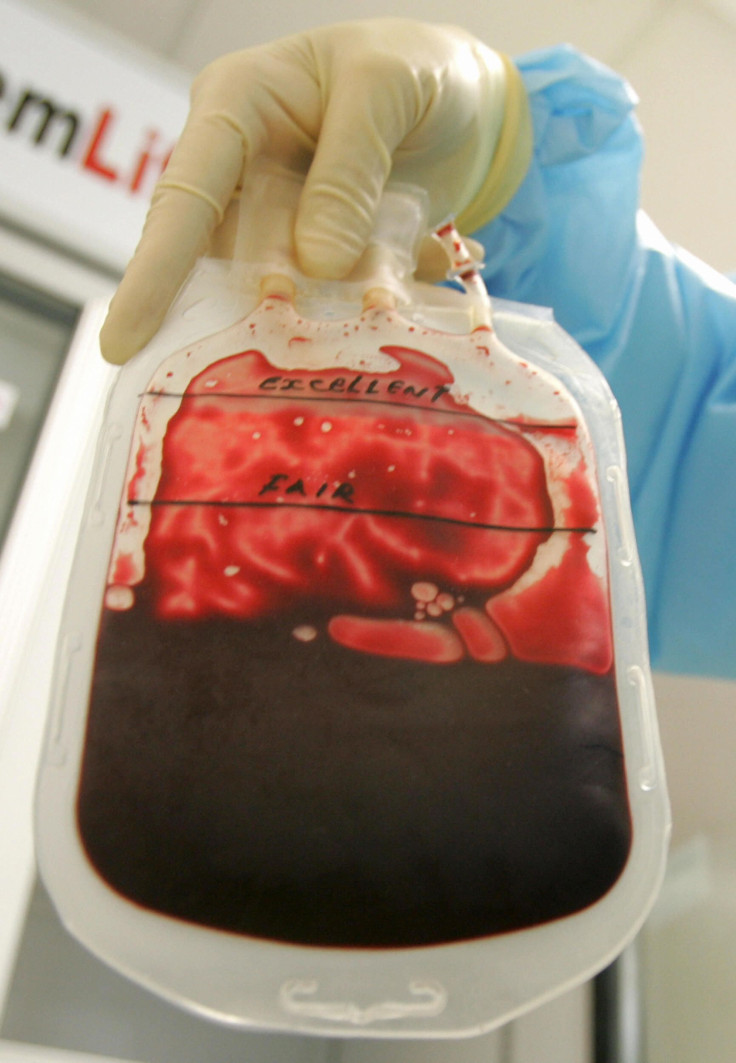15 Pregnant Women Dead From 'Stale' Blood Transfusion In Hospitals

At least 15 pregnant women died in the southern Indian state of Tamil Nadu in a span of four months after they were given "stale" blood during transfusion, local media reported Monday. Following the deaths of the women, a preliminary investigation was conducted which found the blood used by the hospitals was stored at inappropriate temperatures.
The incidents took place in three state government hospitals in the areas of Dharmapuri, Hosur and Krishnagiri, the Times of India reported. Senior doctors and officials conducted the inquiry and found that "spoiled" blood led to deaths of the pregnant women and mothers.
"In many cases women had severe complications and side-effects, including fits, minutes after they were transfused blood. The blood volume in some case was lower than 50ml," a senior health official, who did not want to be named, told the Times of India.
News of the incidents, the last of which reportedly happened in January, sparked outrage and the state's Health Secretary Beela Rajesh ordered criminal and disciplinary proceedings against the three blood bank officers. Over a dozen staff nurses and lab technicians would also face punishment for their actions.
Rajesh also sent a letter to the director of medical education, Dr. A. Edwin Joe, and the director of medical services, Dr. N. Rukmani, to file criminal charges against the culprits for negligence, as per the state's laws. The incidents could lead to the termination of jobs for the doctors and paramedics involved in the case.
The maternal death audit conducted by officials concluded that the women died of lysed blood, which is blood whose red blood cells have broken down and therefore have disrupted functioning.
"During blood bank inspections, even non-medical professionals could see the difference between good blood and lysed blood. Yet, the blood bank managers chose to keep them in the blood bank. What's more, the doctors certified them safe," a senior health department official said.
Some of these deaths took place around the same time when a 24-year-old pregnant woman contracted HIV after she was given infected blood during transfusion at a government hospital in Tamil Nadu. This incident took place in Sivakasi town in Virudhunagar district in the first week of December.
According to local reports, the woman who was eight months pregnant needed a transfusion because she was anemic. She was given blood from the hospital's blood bank, but it later emerged that the donor of the blood that was transfused was HIV-positive. The man, unaware of his HIV status, had donated blood at the bank during a donation drive organised by a nonprofit group. Days after the incident came to light, the 19-year-old man killed himself by consuming rat poison.
© Copyright IBTimes 2024. All rights reserved.











